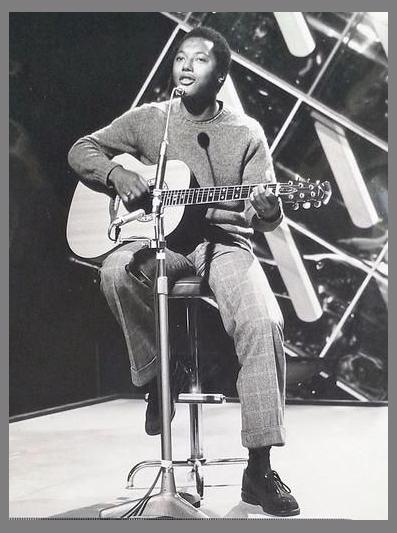 Labi Siffre
Labi Siffre
Labi Siffre: A Journey of Soulful Expression and Controversy
Early Life and Influences:
Labi Siffre, born in London in 1950 to Trinidadian parents, was immersed in music from a young age. Inspired by the sounds of soul, blues, and reggae, he honed his songwriting skills, crafting heartfelt and socially conscious lyrics.
Musical Career:
Siffre's debut album, "Labi Siffre," released in 1970, showcased his raw and soulful voice. The album featured the iconic single "Watch Me," a timeless anthem of personal empowerment and resilience. However, it was his follow-up album, "For the Children," in 1971, that cemented his status as a socially aware artist. The title track, a poignant plea for children's welfare, became a global hit.
Controversies:
Throughout his career, Siffre has been unafraid to challenge societal norms. In 1975, his song "So Strong" was banned by the BBC for its explicit lyrics about a same-sex relationship. This incident sparked a public debate about censorship and the limits of free speech.
Discography:
Siffre's extensive discography spans over a decade, showcasing his versatility and musical evolution. Notable albums include:
* Labi Siffre (1970)
* For the Children (1971)
* Crying Laughing Loving Lying (1972)
* Remember My Song (1973)
* So Strong (1975)
* Sunlight (1977)
Members:
Labi Siffre was primarily a solo artist, but he occasionally collaborated with other musicians. Notable band members included:
* Steve Winwood (keyboards)
* Eric Clapton (guitar)
* John Martyn (guitar)
Legacy:
Labi Siffre's music has left an enduring mark on the music industry. His songs continue to resonate with audiences worldwide, inspiring generations with their messages of hope, resilience, and social justice. Despite his absence from the spotlight in recent years, his influence remains evident in the work of contemporary artists.
Early Life and Influences:
Labi Siffre, born in London in 1950 to Trinidadian parents, was immersed in music from a young age. Inspired by the sounds of soul, blues, and reggae, he honed his songwriting skills, crafting heartfelt and socially conscious lyrics.
Musical Career:
Siffre's debut album, "Labi Siffre," released in 1970, showcased his raw and soulful voice. The album featured the iconic single "Watch Me," a timeless anthem of personal empowerment and resilience. However, it was his follow-up album, "For the Children," in 1971, that cemented his status as a socially aware artist. The title track, a poignant plea for children's welfare, became a global hit.
Controversies:
Throughout his career, Siffre has been unafraid to challenge societal norms. In 1975, his song "So Strong" was banned by the BBC for its explicit lyrics about a same-sex relationship. This incident sparked a public debate about censorship and the limits of free speech.
Discography:
Siffre's extensive discography spans over a decade, showcasing his versatility and musical evolution. Notable albums include:
* Labi Siffre (1970)
* For the Children (1971)
* Crying Laughing Loving Lying (1972)
* Remember My Song (1973)
* So Strong (1975)
* Sunlight (1977)
Members:
Labi Siffre was primarily a solo artist, but he occasionally collaborated with other musicians. Notable band members included:
* Steve Winwood (keyboards)
* Eric Clapton (guitar)
* John Martyn (guitar)
Legacy:
Labi Siffre's music has left an enduring mark on the music industry. His songs continue to resonate with audiences worldwide, inspiring generations with their messages of hope, resilience, and social justice. Despite his absence from the spotlight in recent years, his influence remains evident in the work of contemporary artists.